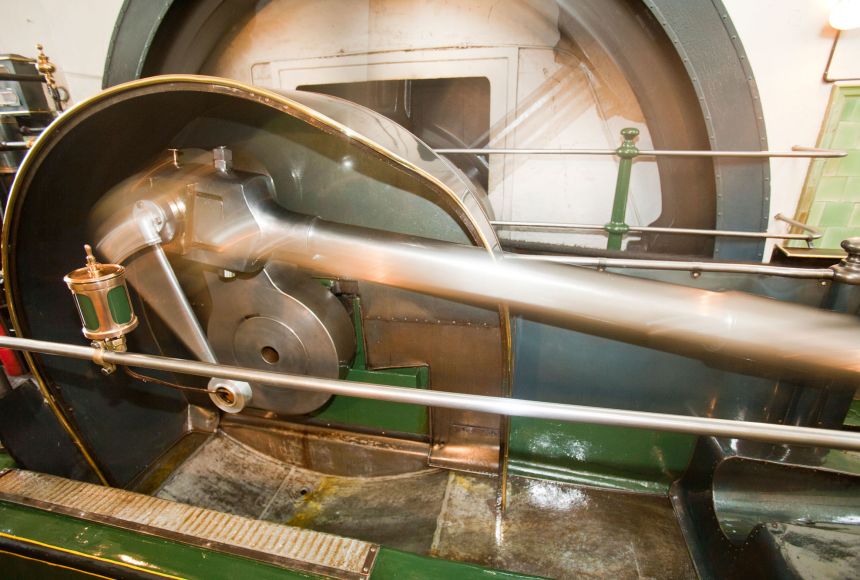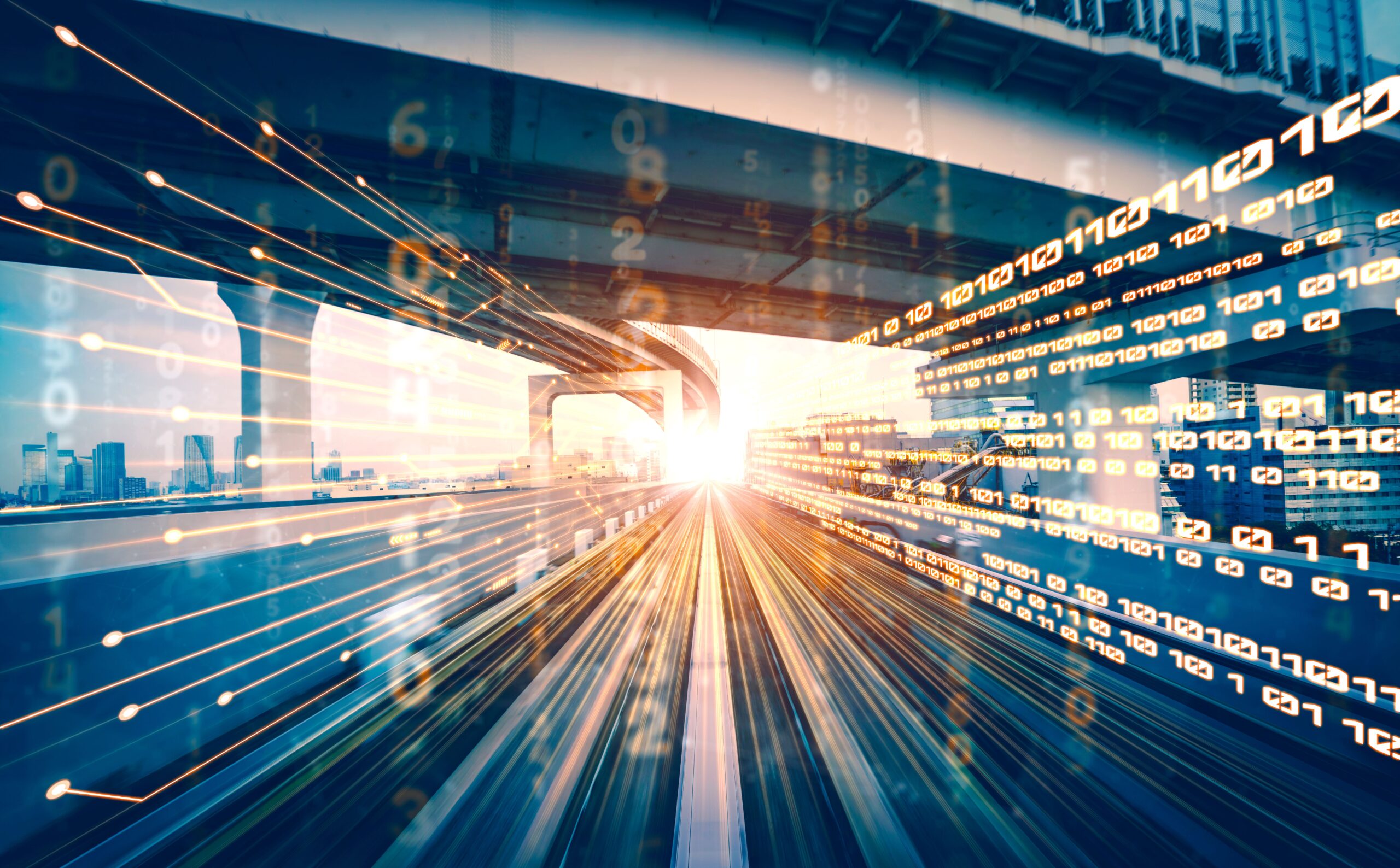In the 18th and 19th centuries, the Industrial Revolution brought about massive changes that revolutionized economies across the globe. The development and utilization of groundbreaking technologies during this period significantly transformed the way goods were produced, leading to profound economic shifts. Let’s delve into how these technological advancements reshaped economies during the Industrial Revolution.

Credit: education.nationalgeographic.org
:max_bytes(150000):strip_icc()/Industrial-Revolution-V2-7493ff6ba09e4612b1c1e3d5c2eb49c5.jpg)
Credit: www.investopedia.com
The Impact of Mechanization and Automation
One of the most notable transformations during the Industrial Revolution was the widespread adoption of mechanization and automation. Inventions such as the spinning jenny, power loom, and steam engine revolutionized the manufacturing process. With these advancements, production became faster, more efficient, and less reliant on manual labor.
The increased use of machinery not only boosted productivity but also reduced the costs of production. This enabled manufacturers to produce goods on a larger scale, leading to increased supply and lower prices, ultimately stimulating demand in markets.
The Rise Of Urban Centers
Technological advancements in the Industrial Revolution resulted in the rapid growth of urban centers. As factories sprang up to accommodate the new machinery, people from rural areas flocked to cities in search of employment opportunities. This mass migration from rural to urban areas transformed the demographic landscape and led to a surge in urban populations.
The concentration of industries in urban areas prompted the development of infrastructure to support the growing workforce. This, in turn, led to the emergence of new industries catering to the needs of urban dwellers, further diversifying and expanding the economy.
Revolutionizing Transportation and Trade
The Industrial Revolution also revolutionized transportation and trade through technological innovations such as the steam-powered locomotive and advancements in shipbuilding. These developments facilitated the movement of goods and people with unprecedented speed and efficiency.
Improved transportation networks meant that goods could be transported to distant markets more quickly and at lower costs, fostering regional and international trade. This interconnectedness of markets opened up new economic opportunities and played a pivotal role in the globalization of economies.
Impact on Labor and Working Conditions
While technological advancements brought about economic growth, they also had profound implications for labor and working conditions. The shift from cottage industries to factory-based production resulted in significant changes in the labor force.
Workers, including women and children, were employed in factories, leading to the rise of urban working class. However, the working conditions in these factories were often harsh, with long hours and minimal pay, sparking movements for labor rights and ultimately shaping labor laws and regulations.
Conclusion
The technological advancements of the Industrial Revolution had a far-reaching impact on economies, fundamentally altering the way goods were produced, traded, and consumed. The transition from manual labor to mechanized production, the rise of urban centers, and the transformation of transportation and trade systems all contributed to the unprecedented economic changes witnessed during this period. While the Industrial Revolution brought about immense progress, it also underscored the need for addressing labor rights and social welfare, ultimately shaping the economic landscape for generations to come.
Frequently Asked Questions On How Did Technological Advancements In The Industrial Revolution Transform Economies?
How Did The Industrial Revolution Impact Global Economies?
The Industrial Revolution had a profound impact on global economies, transforming them from agrarian-based to industrial powerhouses. It revolutionized production methods, created new job opportunities, and stimulated economic growth.
What Were The Key Technological Advancements During The Industrial Revolution?
The Industrial Revolution introduced significant technological advancements such as the steam engine, textile machinery, iron smelting, and the development of railways. These innovations revolutionized manufacturing processes and paved the way for increased productivity.
How Did The Industrial Revolution Change Labor Practices?
The Industrial Revolution led to a shift from artisanal labor to factory-based production. This change brought about longer working hours, poor working conditions, and the use of child labor. However, it also increased overall productivity and provided employment opportunities for a growing population.
How Did The Industrial Revolution Impact Urbanization?
The Industrial Revolution fueled urbanization, as people migrated from rural areas to cities in search of employment. This rapid urban growth created overcrowded living conditions, strained public infrastructure, but also facilitated the development of modern cities and urban culture.
Guest Author Sakhawat-Shuvo wrote and edited this Article based on his best knowledge and understanding. These opinions and remarks are not endorsed or guaranteed by epichistoria.com or EpicHistoria. The Epic Historia does not guarantee this article’s content. Readers should verify and use their judgment before trusting the content. Also, the Images used in this Article are the copyright of their Respective Owners. Please use our Comment Box or Contact Us form to report this content. This information is not accountable for losses, injuries, or damages.


